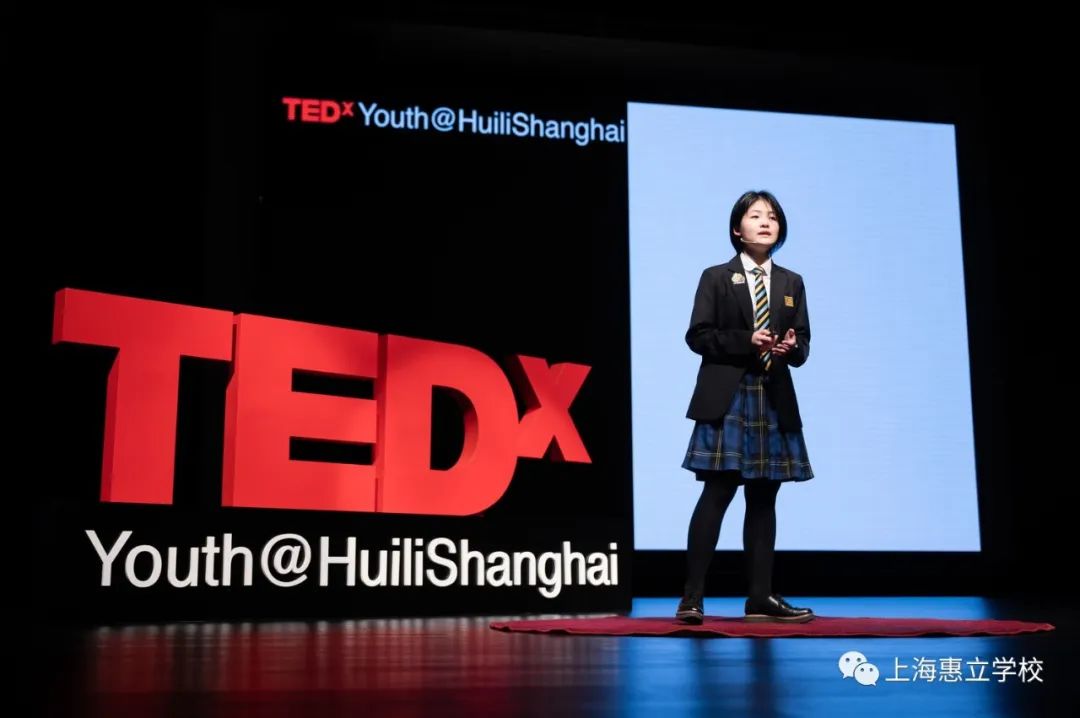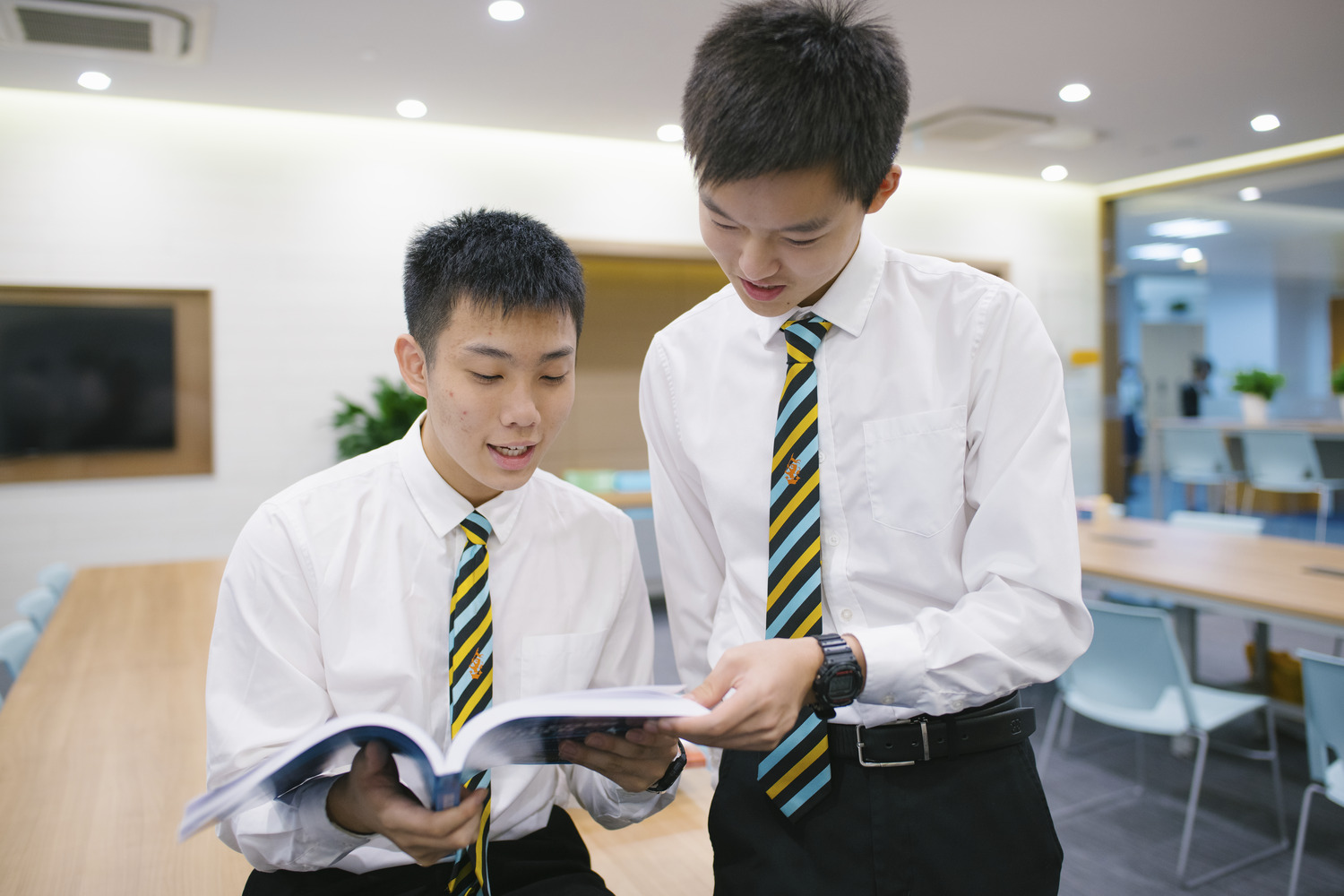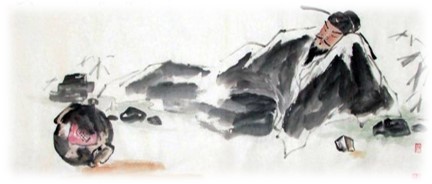
Every academic year, Huili School holds a variety of language-related activities, like speech competitions, drama performances, traditional opera and thematic debates to name a few.

These activities are wonderful platforms for pupils to express themselves freely and apply their learning to discuss social issues.
The Chinese teaching team at Huili’s Primary School focuses on consolidating pupils’ listening, speaking, reading and writing skills. When pupils advance to Secondary School, they shift their focus on cultivating empathy and critical thinking through daily reading and literature appreciation.
To this end, Huili selects diversified teaching materials from Chinese and world literature supported by our teaching methods. This helps our pupils grow up to become well rounded, globally minded adults.
“Chinese is not a subject that only teaches knowledge; its core value lies in shaping people’s character and thinking,” says Yoland Li, Huili’s Secondary School Chinese Coordinator. “Therefore, Chinese teaching at Secondary School focuses on developing pupils' rich emotions and free thinking.”

Our Chinese teachers have a deep understanding of texts taught throughout the school year.
They categorise texts according to themes and reorganise units after clarifying unit goals. They include as many genres and literary concepts as possible in one unit.
“Chinese learning should never be limited to understanding words, phrases or structures of a particular text,” she adds. “Rather, it should teach pupils to understand the author's intentions and emotions as well as the text in a particular background. Pupils are also encouraged to think about the text from a more macro and comprehensive perspective. Over a longer timeline, they can find their own connection with the work and the author. This helps them to experience empathy and develop their own ideas.”

Our G9 pupils spent one unit studying Su Shi, a highly respected figure in China’s literary pantheon. Through a selection of his three typical works, pupils reflected on Su Shi’s life of hardship and how he became a voice of optimism, openness and understanding.
How do our teachers organise a discussion that inspires pupils to engage in deeper analysis, reflection and understanding? They apply a pyramid model which deconstructs skills and actions. This helps them get to the heart of the text.
In relation to Su Shi, our Chinese teachers posed three questions about works that are representative of different periods of his life:
In the first poem Go Hunting in Mizhou, even though he was a good official, he was powerless to change the absurd situation in that era. Did he still believe in the value of what he did for his country and people?
In the second poem Prelude to Water Melody, he had a brilliant beginning when he became an official, but he felt hopeless. Could he continue to yearn for fulfilment?
In the third poem A Night Journey to the Chengtian Temple, he was loyal to the emperor, but it ended in disappointment. Should he have given in to despair and hatred?
By studying these three works, the pupils gained a deep understanding of Su Shi and his works as they learned about his personal experiences during a trying time in history. This provided a broader context for Su Shi's other works as well as the works of his contemporaries.
Through these poems, pupils empathise with the emotions expressed in the poet’s works, whether he feels powerlessness, persistence, regret or despair. At the same time, pupils can reflect objectively on the author's various responses.

They exercise their analytical skills by examining historical facts.
Such interesting discussions are not limited just to Su Shi in Huili's Chinese classes. The revered poets Fan Zhongyan and Ouyang Xiu had similar experiences and political aspirations, but they expressed different attitudes in their poems. If they were relegated to each other’s places, would they express the same feelings?
This can also help our pupils to better understand the news of our current day.
How can we set aside prejudices and preconceived notions to look at the facts objectively?
How do we apply reason and logic so we can avoid being misled?
How can we maintain a sober attitude towards the news, while maintaining our empathy?
Ultimately, pupils learn to understand themselves, their communities and their times. By cultivating empathy and curiosity, they will develop an independent and individualised worldview.

After building up these two important abilities, how do we help our pupils to bridge the gap between understanding and expression? Stay tuned for our next article.
Content support in courtesy of Ms. Yoland, Secondary Chinese Teacher